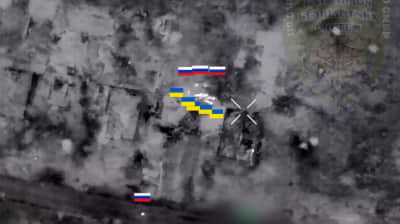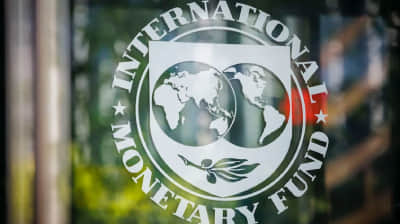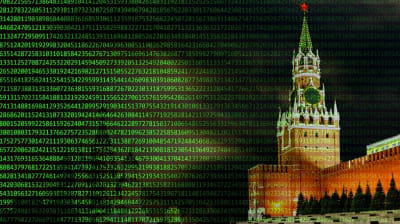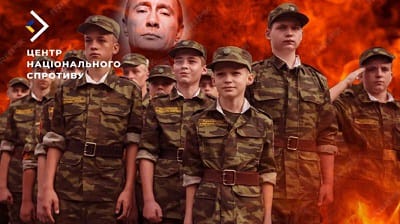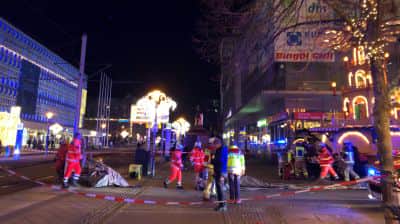Helsinki Commission asks that Russia be recognised as permanent threat to global security
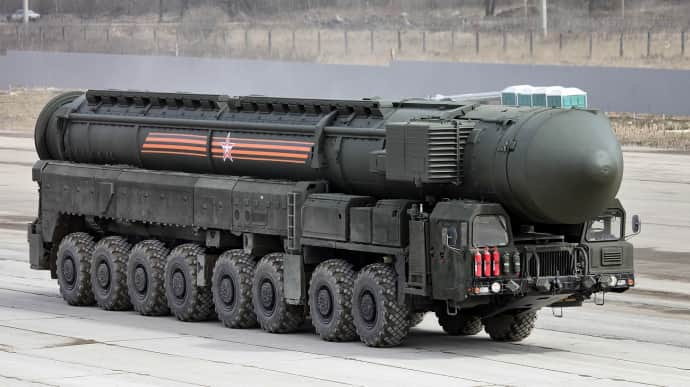
The Helsinki Commission report suggests that Washington should reconsider its attitude towards Russia, abandon the Cold War status quo in relations with Russia and call Moscow a "persistent" threat to global security.
Source: Helsinki Commission report, provided to The Hill ahead of publication
Details: The report argues that Washington should reconsider its position towards Russia, as it has done with China over the past few years, and allocate resources accordingly.
The priority of the report's strategy is to ensure that Ukraine wins its defensive war against Russia, calling for "massive" military and humanitarian aid to Kyiv and enabling the Armed Forces of Ukraine to strike deep into Russia with US-supplied weapons.
The report's policy proposals go beyond the Biden administration's commitments to Ukraine and run counter to the position of former president and Republican presidential candidate Donald Trump and his allies in Congress.
Trump himself has consistently stated that the US spends too much on European security. And he has campaigned for a deal between Ukraine and Russia through direct talks with their leaders, including Russian leader Vladimir Putin.
However, Republican Joe Wilson (South Carolina), the chairman of the Helsinki Committee, rejected the possibility that Trump would cut a deal with Putin.
"No question to me that Donald Trump is going to see the insincerity of war criminal Putin. Putin is not anybody that you can reach an agreement with, that would be substantive, that would hold," Wilson told The Hill in a brief conversation about the report.
The Hill writes that while there is growing opposition within the Republican Party to providing military and economic support to Ukraine, GOP leaders centred on foreign policy are mostly committed to supporting Ukraine, ensuring NATO commitments and strengthening democracy in post-Soviet states.
Background:
- On 25 September, Putin announced that Russia would expand the conditions under which it is ready to use nuclear weapons.
- In response, the EU said that Putin's new threats to use nuclear weapons against non-nuclear states were further evidence of his irresponsible behaviour and would not change the EU's position on continuing to support Ukraine.
- NATO Secretary General Jens Stoltenberg, who is leaving his post at the end of September, expressed scepticism about Putin's threats amid discussions about allowing Ukraine to launch long-range strikes against Russia.
- On 24 September, Ukrainian President Volodymyr Zelenskyy said that Ukraine had evidence of Russia's intentions to strike three nuclear power plants before winter.
Support UP or become our patron!
